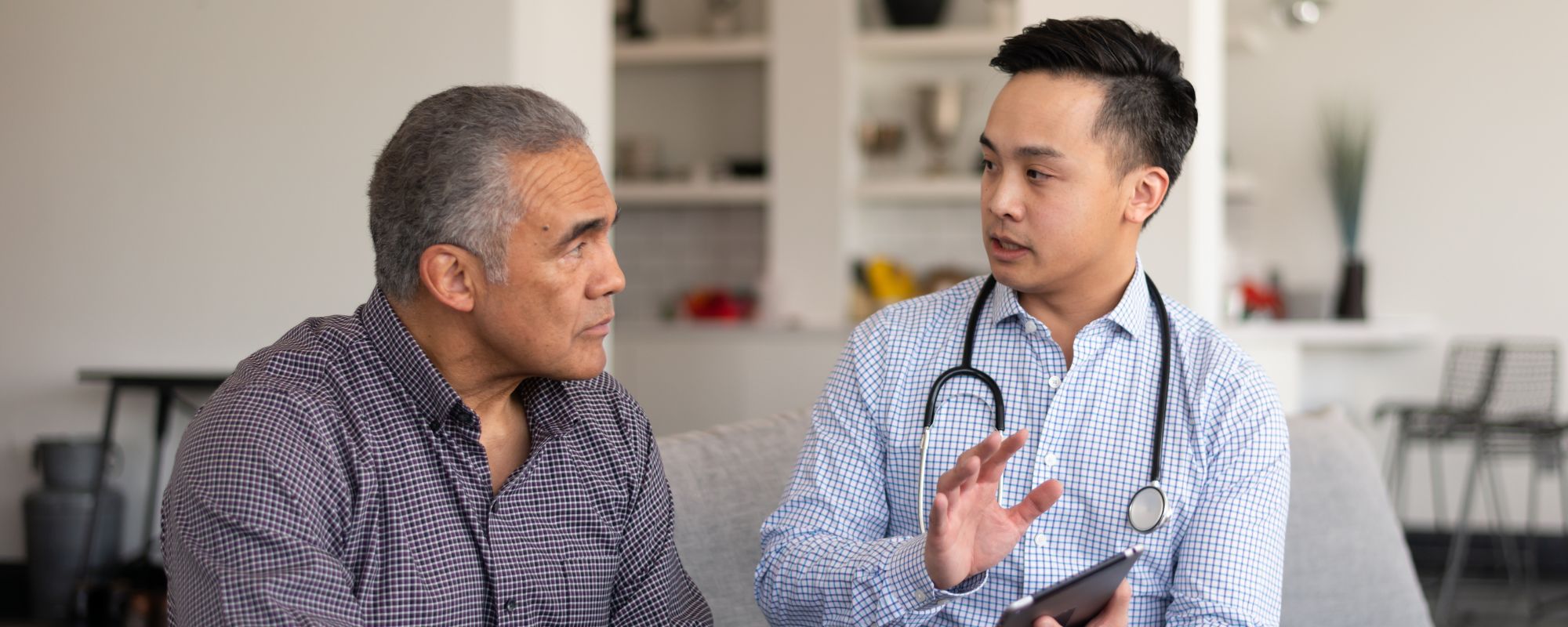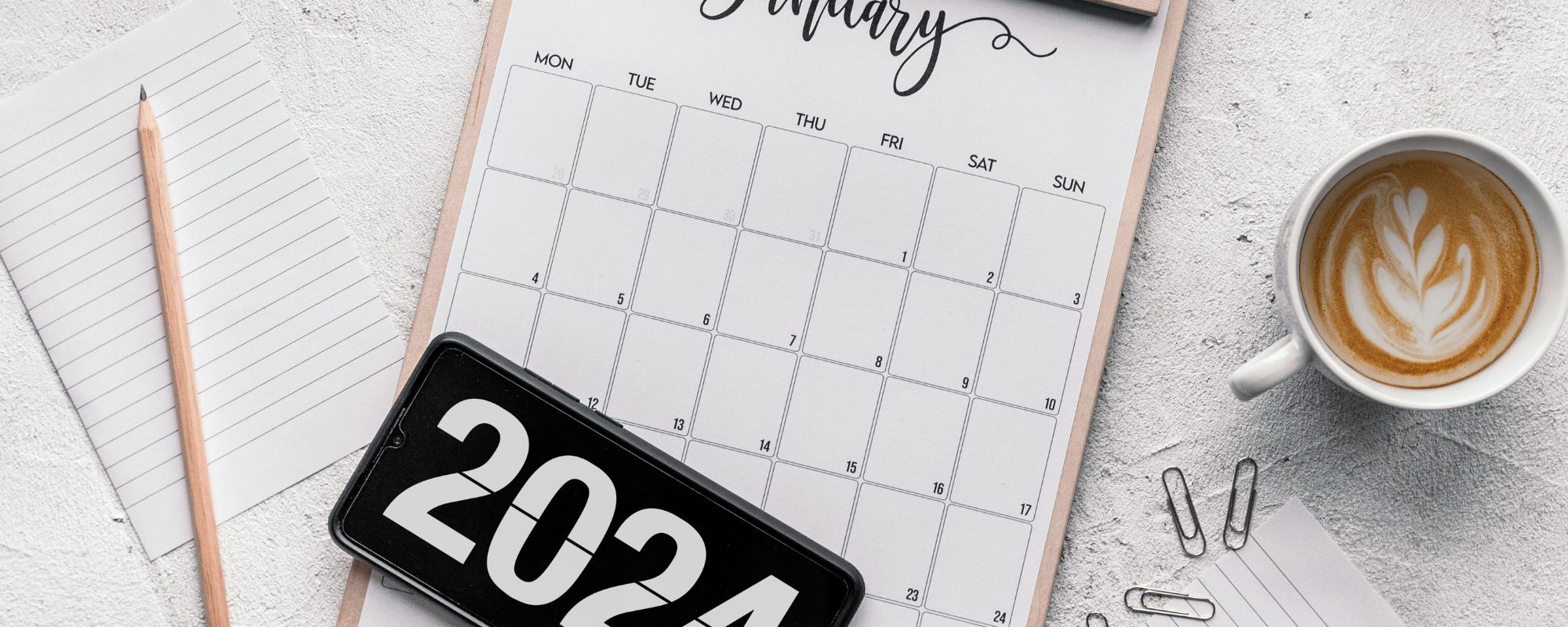Like other diseases, substance use disorder can negatively impact not only the individual, but also that person’s loved ones. One of the most significant things you can do for yourself is maintaining healthy relationships in recovery.
Establishing new relationships in recovery is one thing, but rebuilding relationships negatively impacted by substance use disorder is more difficult. Often, these pre-existing relationships with family, friends, and significant others are the most valued relationships.
Substance use disorders typically create barriers in relationships, and breaking down those barriers is the key to regaining trust and winning back the people in your life whom you care about most. Damaging behaviors such as lying, violence, or verbal abuse are just a few examples of substance use disorder-fueled actions that might compromise relationships. There are several things you can do to rebuild the relationships in your life.
Apologize.
If an apology is needed, give it. You may have hurt someone, directly or indirectly, while using drugs or drinking alcohol. Make amends where appropriate, and make sure they’re sincere.
Be honest.
Be truthful about what you need. Early recovery is the time to be a little selfish because your recovery must come before everything else, no matter what you want to, or think you should, prioritize. Be honest with yourself and your loved ones about what is best for you and how they can help you. If you want your relationships in recovery to work, there needs to be honesty.
Be careful with your promises.
Tread lightly. You’re trying to rebuild trust, so don’t make promises you know/suspect you cannot keep. Make sure your intentions are good, but don’t guarantee what you can’t control. A big part of rebuilding trust is making good on your word.
Show that you’re reliable and accountable.
Show up where and when you said you would. Resume working if you’re able, and do what you can to prove that you’re committed to meeting deadlines, being where you’re supposed to be, and holding responsibility for yourself and for your actions.
Learn and practice healthy communication.
Successful communication in recovery is not just about telling loved ones what you are going to do or what you are working on in your life; it’s also very much about listening to what others have to say, responding to what is said, and answering questions.
Meetings with your therapist or counselor and/or group therapy meetings should help you to cultivate sound communication skills while you learn to listen and respond to others, as well as how to better express yourself.
Accept that it will take time.
Just as relationships don’t build themselves in a day, they won’t rebuild themselves in a day. Be patient and accept that it will take time and effort on your part for your loved ones to trust you again.
Put an end to unhealthy relationships.
Early recovery is the perfect time to reevaluate the relationships in your life. Recognize that some friends, though you’ll miss them, are not the right people to have in your new life of recovery. Don’t try to rebuild an unhealthy or toxic relationship; instead, put your time into rebuilding the healthy ones.
Unhealthy relationships are not just those relationships that involve someone you used to drink or use with. A codependent relationship is a one-sided relationship in which one person continually sacrifices their own well-being for the sake of another’s; when substance use disorder is involved, the person making personal sacrifices is typically the loved one of the person with the disorder. If you recognize a relationship in your life as codependent, do your best to correct the situation.
If you or a loved one is ready to begin a life of recovery, please reach out to us today Because We Care. Our admissions team is available 24/7 at (877)-RECOVER 24/7 to answer any questions you may have about our programs.












